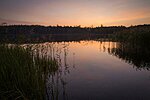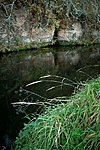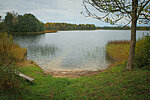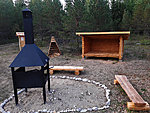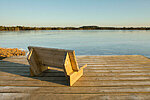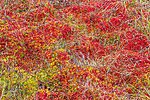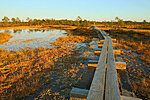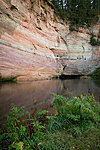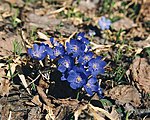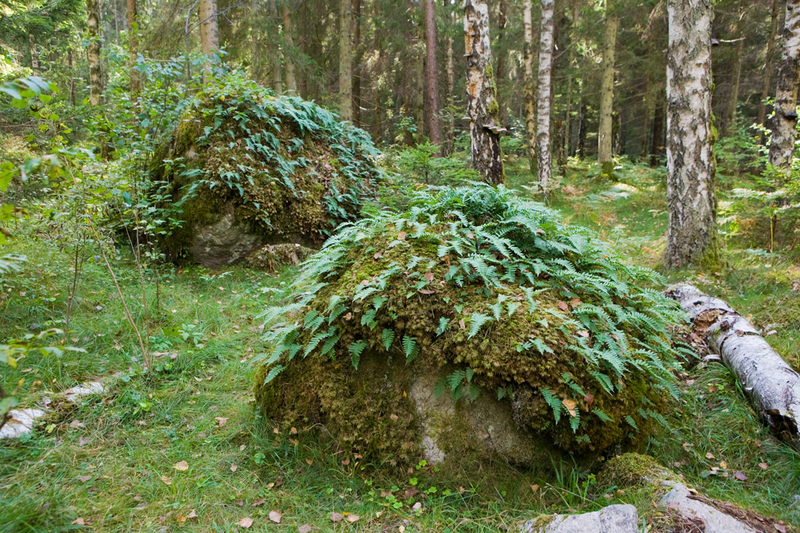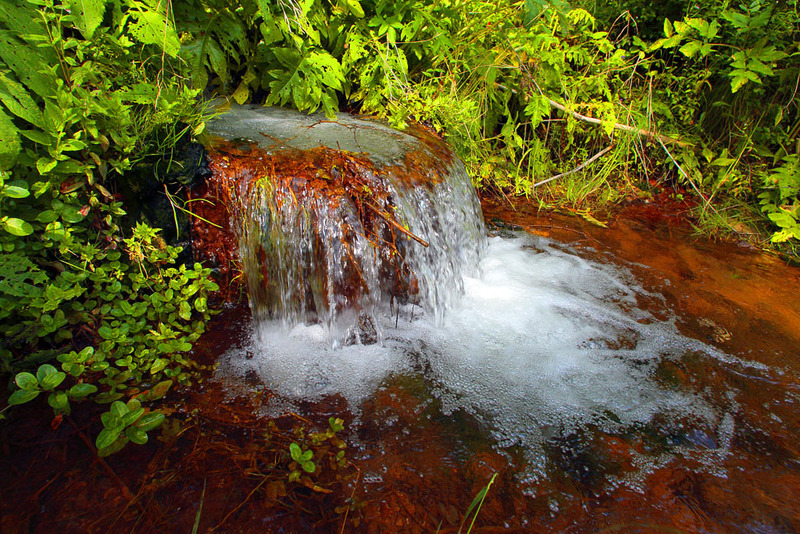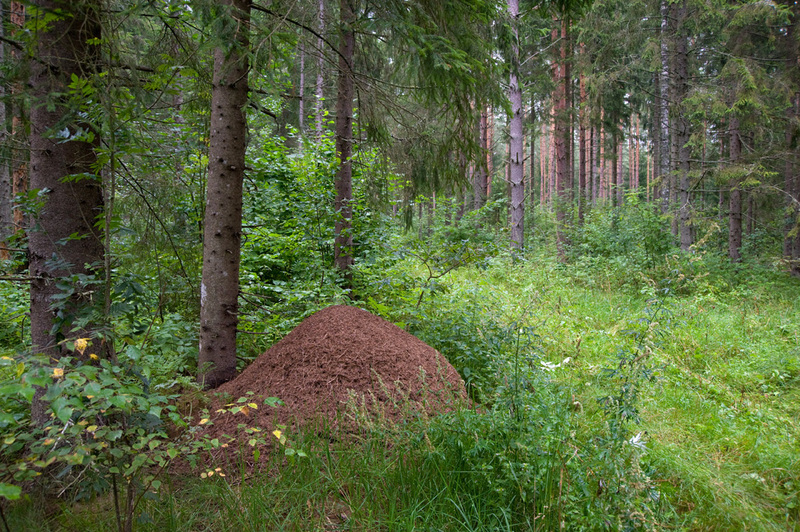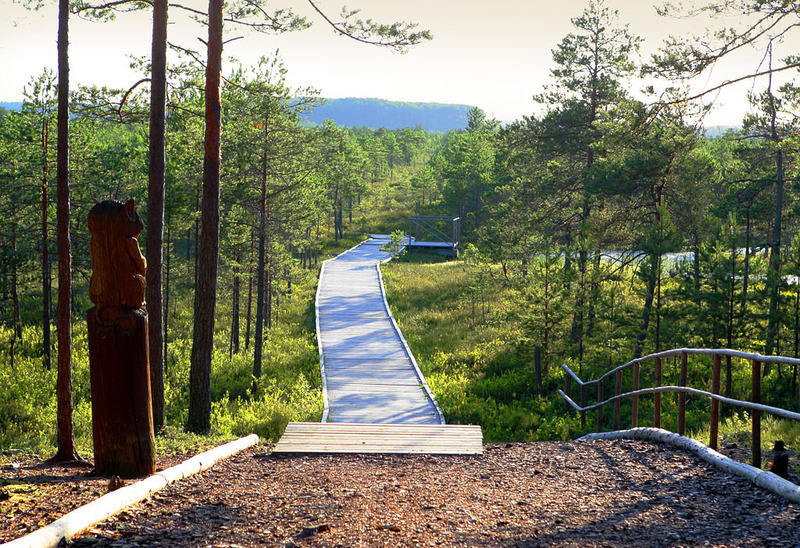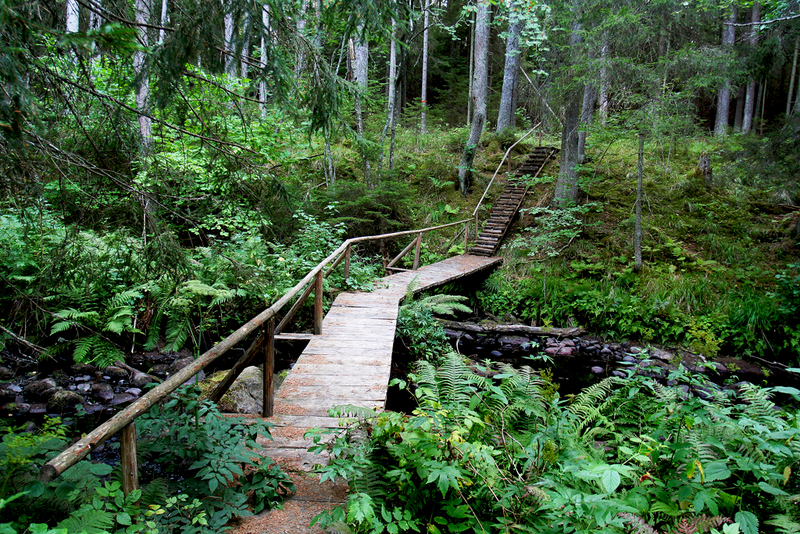Guidelines for nature tourists
For the sake of sustainable environment and the well-being of all, remember the following principles when you go into the wild:Prepare and plan!
- Consider what to do and where to go.
- Get acquainted with the region (using the RMK app and website).
- Observe the rules of public order in force in the territory of the local government.
- Observe the principles of freedom to roam and the restrictions. NB! In nature reserves the freedom to roam is limited, and special rules apply. Familiarise yourself with the protection rules.
- Prefer existing hiking trails, campsites, places for making fire, and other facilities to avoid placing an additional burden on the environment.
- To preserve fossil fuels, prefer the train or bus to get to the destination, and if you go by car, take many persons with you.
- Reduce waste – pack your food and other things in reusable boxes and bags.
- Consider fire hazard in the forest. Find information on the website of Estonian Weather Service, Rescue Service information line 1524, or the nearest RMK information point.
- Stay on the trail! When walking, cycling, skiing, boating or riding, prefer existing roads and paths.
- When driving a motor vehicle or ATV, use only designated roads or parking areas, consider the pedestrians and cyclists.
- Do not walk or drive into private yards, plantations, apiaries, sown crops, fields, and elsewhere on agricultural land.
- Consider the surroundings – do not disturb the peace of other people or animals by making noise, and do not consume stimulants other than nature sounds, scenic views and quality time spent together.
- Remember that at campsites and campfire sites, the generally accepted time for rest at night is from 23:00 to 6:00.
- Your pet is your responsibility! Keep your dog on the leash at all times. Clean your pet’s droppings from public areas – hiking trails, campsites and other facilities. Bury them in the ground or discard in the toilet.
- Use the dry toilets provided. In natural areas or in the forest where there are no toilets, relieve yourself in nature, and bury the waste matter in the soil.
- At waterbodies, do the dishes and washing further away from the waterfront. Use detergents only if absolutely necessary; usually clean water is enough.
- Do not leave anything behind and clean up the place before you leave.
- Always take all rubbish away with you and follow the principle “All that you can carry into the forest, you can also carry out”.
- Sort waste at rest stops and sites, where possible.
- Read further about waste sorting principles.
- Make fire only in prepared and designated places and when bonfires are allowed. When you arrive by car, bring firewood or barbecue charcoal with you.
- When making fire, prefer outdoor fireplaces and comply with fire safety rules.
- Consider other visitors as the campfire sites are in public use.
- When making fire, use the provided firewood or fallen branches and twigs.
- Use firewood economically – keep the fire properly burning but keep it small.
- Do not leave a burning bonfire unsupervised. Put out the bonfire before you leave.
- When using your own barbecue grill, place it only in the prepared and marked fire ring. Pour used charcoal into the fire ring.
- Use disposable barbecue grill on prepared, non-combustible surface only. In the absence of the former, use it on mineral surface. Pour charcoal into the fire ring. When the disposable barbecue grill has cooled down, throw it in the household waste bin. If possible, use a disposable barbecue grill.
- In an unmarked and non-prepared site, use only a hiking stove.
- A lot of forest fires have been caused by carelessness. Smoking is also allowed in prepared campfire sites only.
- In case of forest fire, call 112.
Set up a tent and stop where it is allowed.
- Use a prepared place to set up a tent. In case there are no prepared places, prefer a previously used site. Avoid walking on sensitive soils.
- You may camp for one night on an unmarked land plot, unless the landowner objects, following all principles of freedom to roam.
- Use the hut for one night at a time
- Make room for other people who arrive – everyone is equal in the forest
- Leave dry firewood for those coming after you
- Use firewood economically
- Leave the equipment undamaged and the house clean when you leave
Thank you for being environmentally aware!
RMK
